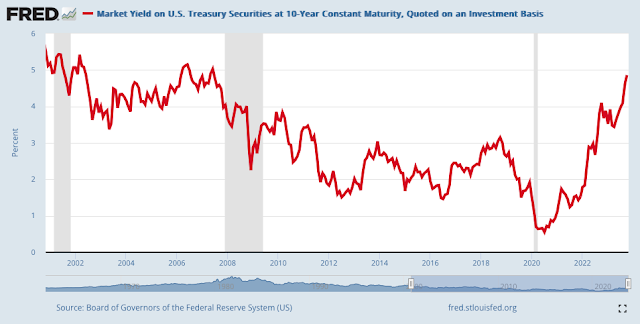You heard it before, "If you are so smart, why ain't you rich?" I never took those comments too seriously until a read some of the older work of D. McCloskey, If You're So Smart: The Narrative of Economic Expertise. McCloskey calls this the American question, the simple logic of the streets. The basis for how an American life is made - if you have your wits about you, you can get rich. If you are not rich, then you don't have what it takes. You are just talk. This is the taint given to those who are thinkers from the doers. You may have some great ideas, but do they work in the marketplace? The question of acquiring wealth is the quintessential American retort to anyone who is posturing with their intellectual ideas.
Economists are smart, but not that smart based on the American question. Some analysts are very smart but that does not mean they can make money. They are good at explaining events, telling narratives, and forming stories, but that is not the same as predictions that are correct, and it is not the same as putting risk into the market.
The markets are fairly efficient, so it is not easy to make money. There are no dollar bills laying on the street. Just because you can make a model it does not mean that it will be able to generate good forecasts. Just because you can tell a good story does not mean that you can make money. And, if you sell your ideas but don't trade them, it is a reflection on their quality.
The American question is brutal, but it focuses on what is relevant. It is what investors want and it is what traders and asset managers must deliver. If you are good, you will generate PnL and not be just a talker.




















